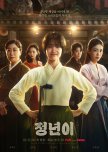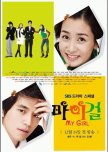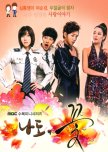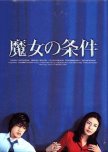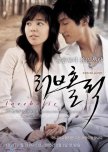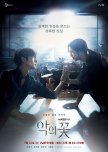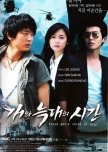 Ha Ji Won Offered to Lead a Mystery K-drama!
Ha Ji Won Offered to Lead a Mystery K-drama! "Trees Die on Their Feet" parle d'une femme âgée de Corée du Nord qui n'a plus beaucoup de temps à vivre et d'un acteur de théâtre qui agit comme son petit-fils afin de réaliser son dernier souhait. Ja Geum Soon est une femme née en 1930 en Corée du Nord. Elle s'enfuit en Corée du Sud en temps de guerre et est séparée de son mari et de son enfant. En attendant sa famille, elle fonde Hotel Nakwon, une chaîne hôtelière en Corée du Sud. Jae Heon est un acteur de théâtre inconnu qui joue le rôle du petit-fils de Geum Soon, Moon Sung, afin de réaliser son souhait. Se Yeon est la petite-fille de Geum Soon qui est en charge de l'hôtel Nakwon. (La source: English = Naver; Soompi || Traduction = Laskie de MyDramaList) Modifier la traduction
- Français
- ภาษาไทย
- Español
- Polski
- Titre original: 커튼콜: 나무는 서서 죽는다
- Aussi connu sous le nom de: Namuneun Seoseo Jugneunda
- Réalisateur: Yoon Sang Ho
- Scénariste: Jo Seong Geol
- Genres: Romance, Vie quotidienne, Drame, Famille
Où regarder The Tree Dies Standing
Distribution et équipes
- Kang Ha Neul Rôle principal
- Ha Ji Won Rôle principal
- Go Doo Shim Rôle principal
- Kwon Sang Woo Rôle Secondaire
- Sung Dong Il Rôle Secondaire
- Jeong Ji So Rôle Secondaire
Critiques

The plot has enormous potential, yet more bite and sting really wouldn't have hurt.
The share of Makjang in South Korea's series productions seems to decrease noticeably. After 3 seasons of "The Penthouse" in 2021, taking the evil within the "´War of Life´ to the extreme, it might have been somewhat exhausted? Thus, "Curtain Call" may be a noticeably 'softened' Makjang series (if at all). In this manner however, the KDrama represents a social zeitgeist that should not be underestimated: the desire for reconciliation. Reconciliation with the North. Reconciliation between generations, between the past and today. Reconciliation between duty and dream. The search, the longing, the need for South Korean society to balance itself on a new level - finding peace. To me, that's what "Curtain Call" stands for.As so often, the focus is on the rich and beautiful. In this family clan, too, the third generation could disassemble itself in the fight for the golden spoon. But somehow things are a bit different here than otherwise in KDrama Orbit.
The head of the family is (quite progressively) a woman. Matriarchy instead of patriarchy, that makes a difference. While she probably represents business acumen and a strong leadership style, for all the respect she receives, she has NOT sacrificed her heart for her grandchildren and employees on the track. Also: For once, she (at least she) does NOT embody the incarnation of disparaging arrogance. She is NOT someone who mercilessly pursues her own interests without regard for human losses. In the contrary, there is a healthy dose of humility, because even in old age she is still close to the very simple roots of her origins. This is also because her homeland is in what is now North Korea. She remains aware of the painful separation throughout her successful life. No amount of money can turn back time or realign the political structures. Like that, she embodies a vicarious pain shared by many family histories across the country. And so an emotional bridge is practically built to the audience - ´halmoni´ gets some sympathy.
The plot has actually enormous potential: the grandson from North Korea, for whom the now old and terminally ill chair(wo)man longs in her last remaining weeks and months, was actually found. However, his personality seemingly doesn't lend itself to a peaceful happy ending - and so an actor who is versed in the North Korean dialect is introduced into the family as a fake grandson instead. He does his job so well that he ends up doubting his own identity...
"Curtain Call" manages to play out some of its punchlines in an emotional sensitive way. Nevertheless, the story remains more harmless than necessary and the potential isn´t realized. The KDrama doesn't take its chances, instead prefers to choose warm colors and soft images. All in all, "Curtain Call" might find its own pitch in the KDrama orbit, yet it keeps a low profile along the way and unfortunately does not take the next step. It rather remains kind-hearted and thus gambles away a dramaturgical chance. In my opinion, more STING really wouldn't have hurt. Too bad.
Nevertheless: "Curtain Call" is nice to watch. The cast is top notch. In places razor-sharp and at the same time pointedly funny, the KDrama also operates (especially against the background of the North-South dynamic) in a good mood with small socio-critical side swipes here, there and over there as well. The dialogues exploit this potential with relish. The bottom line is that "Curtain Call" is probably worth seeing if you DON´T feel like too much excitement, revenge, action, thriller, legal affairs or romance.

What was it about? It's all over the place.
Do you know what made this hard for many? The story was all over the place. This was made obvious when the finale episode itself tried to settle the different arcs in one episode.If one will ask what this show is about, we will probably get one of the following answers:
* About grandma
* About the South Korean family
* About the long-lost grandson
* About the actors and their “Curtain Call”
* About the hotel
* About the marriage
They even forgot to address the dying wife of the real grandson, the operation she needed, and those gangs after him. Having an open-ended ending for this arc is one thing, but not even mentioning it at least once is another.
Granted, the second grandson having promised the youngest grandson to just ask him if he requires anything, may be a hint that they'll help each other. Maybe he did after grandma passed away, since they jumped forward in time, probably by a month.
And if you think deeply about it, even during the theatrical performance, it was about the fake grandson. I was surprised the real grandson applaud after the curtain call when he was sidelined yet again.
Is he not the main plot? Grandma finding her real grandson?
Oh wait, it was just about “grandson”, it doesn't matter if he was fake or real. Then why bother bringing in the real grandson into the picture, if it was about grandma finding her long-lost grandson and make her happy?
Did you see what I did?
The story is good, don't get me wrong. It's just that they focused on too many arcs, and then they tried to close those arcs in one episode. In the end, it is not clear what the entire TV series is all about.
I've said it before, the last two episodes of a TV series is as important as the first two episodes, be it Korean or Western or Japanese or even Martian (if those even exist). The first two episodes set the tone and expectation, the overreaching arc. The last two episodes concludes the main arc, not side arcs, and refocuses the audience that hey, this is what the series is all about. The first two episodes should start strong, and the last two episodes must be stronger than the first two.
To quote Mr. I-Want-To-Marry-You in episode 16:
“Was there a reason why you wanted to sell the hotel? You had a reason when you started, but as you kept chasing after it, you started focusing on the chase regardless of the reason.”
It is a common pitfall for many writers. Not just screenwriters, but novel authors. A writer had a great idea for a story. They started with that idea at the core of their story, but as they kept writing, they started to focus on their writing regardless of the story.
My rating: 7 out of 10 stars.

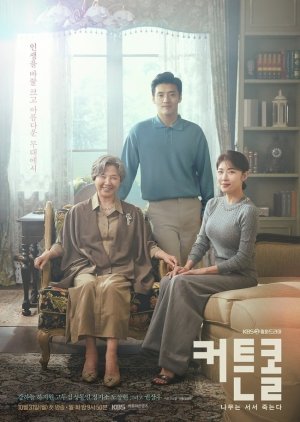





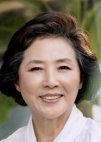



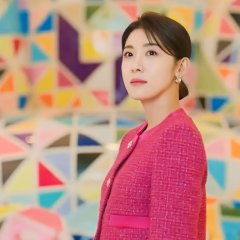
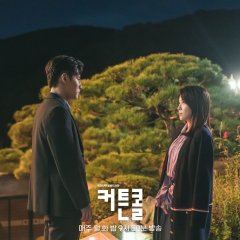
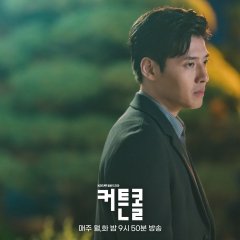
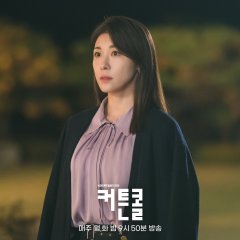
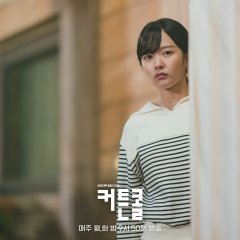
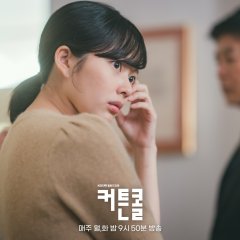
 2
2

